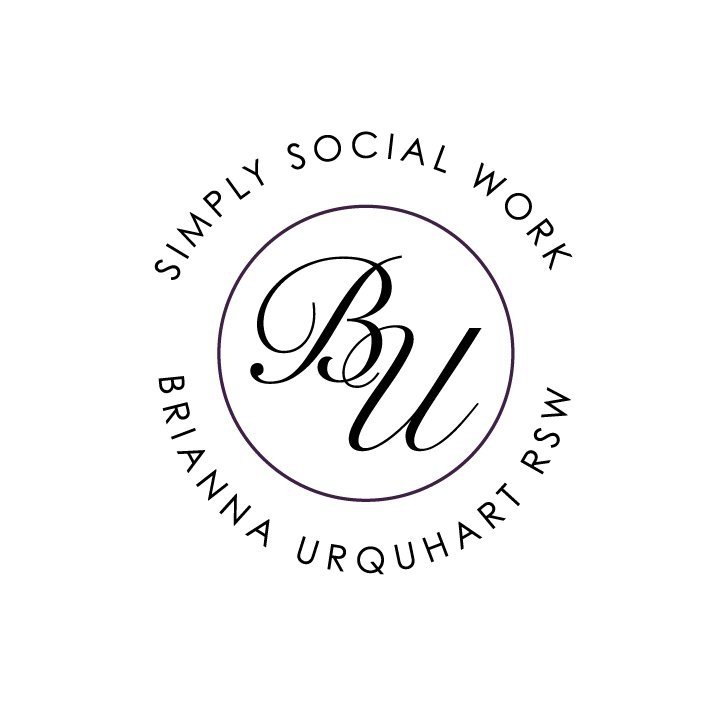Feel it to Heal It
If I had a dollar for every time someone asked me how to “get over” a loss or “stop” feeling anxious - I wouldn’t need to work another day in my life. I mean, I would probably continue to be a therapist, because I really do enjoy working with clients, but I wouldn’t have to. Almost every client that I’ve ever spoken to has expressed wanting to prevent or control their emotions in some way, whether it be sadness, anger, or anxiety.
I wish I could. I wish I had that answer. I wish there was an exercise or practice or a program I could give that would help their client with this goal. But the truth is that I can’t - and, honestly, probably shouldn’t. Because our emotions are not inherently good or bad. They can be desirable or undesirable - nobody enjoys feeling scared or crying - but that does not mean that they do not sometimes serve a purpose. Our emotions simply are. If we eliminated certain emotions, but kept others, we would actually be setting ourselves up to fail.
Anxiety and anger are tied to our body's alert system. Both of these emotions warn us that something around us needs our attention. This can be incredibly important.
For example: over time, our instincts have shown us that falling off of large heights can have fatal consequences; so now, if you stand on the edge of a tall height, chances are you will feel some anxiety. That’s good, that’s your body reminding you that you (A) are not immortal, and therefore (B) need to be careful right now. Anger also often tells us when a boundary has been crossed or when we need to address something in our environment.
Now, that isn’t to say that how our emotions impact us is always something we have to accept as is. This is where the work we do in therapy comes in. If you are having panic attacks that are starting to make you avoid leaving your house, that’s a problem. If you are regularly punching people in angry outbursts, that’s a problem. If you are experiencing intense depression and haven’t left your bed in two weeks, that’s a problem.
But in order to heal, especially if it is from something like trauma or a negative event, we need to reframe how we think about emotions. The more you try to suppress an emotion or pretend that it isn’t affecting you, the longer you will struggle. In fact, the more you think about certain emotions as something you “can’t control” or inherently “bad”, the more overwhelming those emotions become. It gives them a sort of power over you, something that is happening to you as opposed to something you are feeling that will, ultimately, pass.
There’s a neurobiological component to this. Our brains are constantly making associations, or connections, based on our experiences, and over time these are reinforced by outcomes. So, for a simplified example, if you have a panic attack in the grocery store, and it scares you so you begin avoiding that grocery store, you are actually reinforcing the idea that the grocery store = panic attacks. This makes returning to the grocery store more challenging. However, if you work on continuing to engage in behaviours or situations that involve anxiety, and you are able to push through that with a positive outcome, you are instead reinforcing your own efficacy. Your brain starts to learn that anxiety is a manageable emotion.
So, what do I recommend? Feel it to heal it. I cannot stress that enough. It’s okay to feel sad, scared, or frustrated - just like it’s okay to feel happy or excited. Emotions are something you feel, not something that you are able, or need, to control. If you pretend the uncomfortable emotions don’t exist, or try to force them down, they will come up to the surface at some point.
If your emotions are starting to rule over your actions and decisions, consider meeting with a mental health professional to help you explore what those emotions are trying to tell you and how you can utilize some healthier coping strategies.

